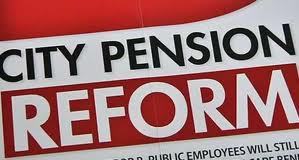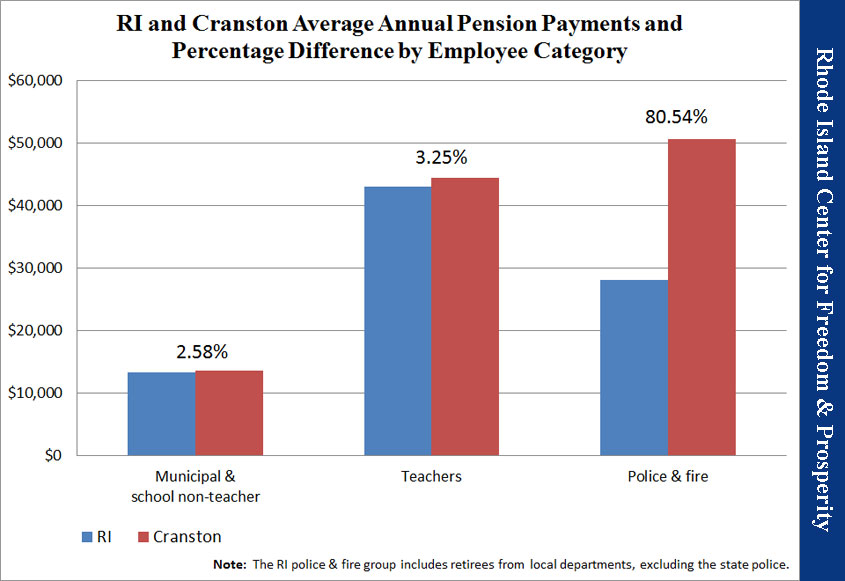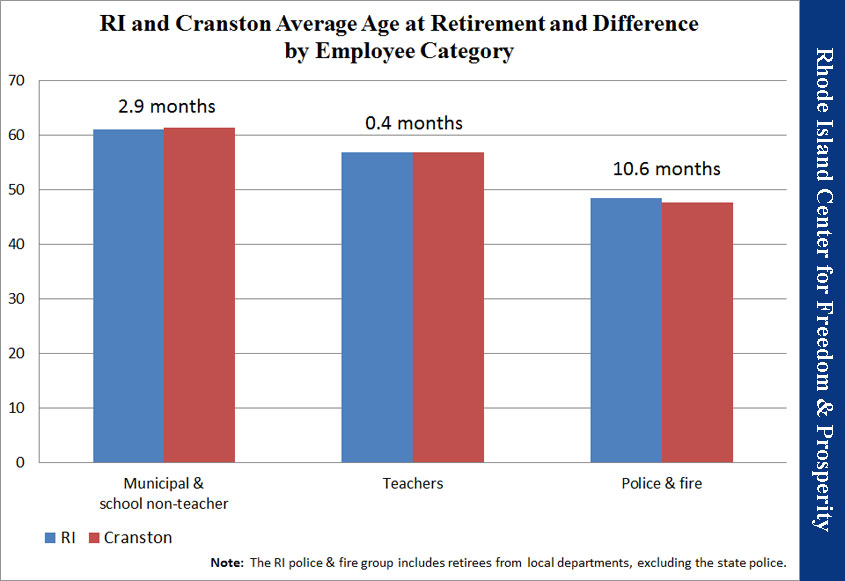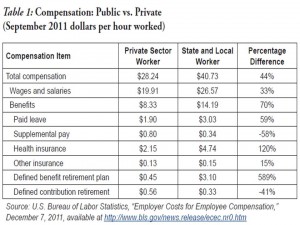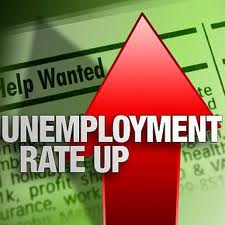Bridge Tolls may be best of the worst options
Center recommends use of existing funds or privatizing upgrades as preferred options
Rhode Island ranks last or next to last in three major national highway, bridge and general infrastructure indexes. And so, there seems to be an inevitable push to repair some of the state’s most important bridges and highways by exacting new tolls on auto traffic in or through the Ocean State.
While there are multiple paths available to upgrade our bridge and highway infrastructure, our state’s knee-jerk reaction in turning to the big government approach – government can do it best and we need to raise more taxpayer money – is sadly predictable. According to the Federal Highway Administration, more state and local governments are relying on tolls to build and repair roads, bridges and tunnels as traditional revenue sources and one-time stimulus funds dry up. But is this the only practical approach?
No. The alternative solutions to fund these much needed upgrades, in order of preference are:
A. Re-allocation of existing funds: without raising taxes, fees, or tolls – this approach would force officials make difficult funding priority decisions, and decrease the tax/fee burdens on the Rhode Island economy.
B. Implement new tolls and cut taxes elsewhere: this would lessen the negative economic impact on Rhode Island drivers who are tolled.
C. Privatize the upgrades and maintenance: many states are contracting with private entities to conduct the work, collect the tolls, and take the financial risk. It is generally accepted that the private sector can complete projects at a lower cost and can also provide maintenance and toll-collection services more efficiently. Privatization would also ensure that the tolls are never mingled with the state’s General Funds and re-allocated for whatever new emergency may arise.
D. Government-run upgrades and maintenance: the big government default mode, which would likely result in higher tolls than the Privatization route.
E. Raise general taxes: this approach would affect a broader range of Rhode Island residents, and would have the largest impact on the state’s already fragile economy.
Given the mindset of the current leadership in Rhode Island, options A, B, and C are likely off-the-table. So that leaves us, practically and unfortunately, with the two least preferable options; D and E. Given these two choices, it is worth considering which may be most popular or effective.
Last year, Georgia and Virginia added new highway tolls; Maryland, New York and New Jersey significantly raised existing tolls; and California, Indiana, Texas and Washington made it easier to impose tolls on state and local roads. Only ten states have no toll facilities.
Samuel Staley at the Reason Foundation pointed out a few months back that a meta-study by the National Cooperative Highway Research Program shows Americans as generally in favor of tolling roads and bridges when that option is juxtaposed against more general tax hikes. (see: http://onlinepubs.trb.org/onlinepubs/nchrp/nchrp_syn_377.pdf )
Given the recent outcry against proposals by the Rhode Island Turnpike and Bridge Authority to toll the Mt. Hope Bridge, and the Rhode Island Department of Transportation’s interest in exploring a toll on Route 95, one would think that Rhode Island bucks that national trend. But a closer look might give David Darlington and Michael Lewis (the respective heads of those two agencies) some guidance on how to approach this public relations challenge.
As always, the details matter. While a majority of Americans consistently support tolling and road pricing over higher taxes, their support is conditional. Seven considerations are identified:
1. Not surprisingly, the public needs to see the value of the infrastructure investment.
2. The public wants to be given a choice, not a mandate. How much of a tax hike will the toll offset?
3. Are the revenues for a specific use? User fees should be spent on the infrastructure they are using, not just tossed into the bottomless pit of state revenues.
4. Building support for tolls is a long-term, continuous process. The agencies should consistently talk about the use of the tolls once implemented – it’s like reporting back to an investor.
5. More detail about the mechanics of tolling is good – if we were wasting the money we collected when we stopped tolling the Mt. Hope Bridge a few years back, why would it be any different today? How will toll booths affect traffic flow on Route 95?
6. The equity inherent in user fees makes sense to the public, but fairness matters too. Are there alternate routes for those who prefer to avoid the toll? Options for drivers increase support.
7. And finally (and again, not surprisingly) simplicity is good. Opposition is lowest for the simplest tolling proposals.
The public favors tolls over taxes. The concept of linking user fees such as gas taxes and tolls to highway budgets, when properly presented, will be accepted by taxpayers. More importantly, as Staley points out, tolling adds a fine component of free choice to revenue collection schemes; only users pay … by choice.
Of course, the public really favors responsible budgeting over tolls OR taxes. In the long term, a structural shift to “pay-as-you-go” infrastructure is reasonable to most people, particularly given that the feds historically have covered 80% of our costs on large projects. However, given the partisanship and budget battles in Washington, future federal funding is very much in doubt.
As mentioned above, a more intriguing approach would be a strategy to privatize major infrastructure and give the best bidder strong incentives to manage those assets efficiently (while shifting some risk away from taxpayers as well.)
In the meantime, however, tolling is a likely the best option remaining, being a publically palatable stop-gap method to make public and quasi-public economies more efficient. If revenues are clearly restricted in use, it may prevent legislatures from dipping their fingers into a pot to fund other priorities. If you don’t think that’s a problem for the Ocean State, perhaps you don’t drive.
At the same time, other productive capitol is not being diverted from non-users to users of the infrastructure projects – in other words, one citizen is not being forced to contribute their hard earned money for the mere convenience of another.
It is always a concern that using general revenues to fund repairs will lead to even higher taxes rather than the hard decisions needed to reprioritize existing state dollars. Absent unexpected leadership with some new proposal along the lines of options A, B, and C above, the Turnpike and Bridge Authority will likely be allowed to raise the tolls to adequately fund needed repairs; however, they must be held responsible for doing so efficiently and effectively. And if they don’t do it efficiently or effectively, we will be forced to consider letting private operators run those toll roads … we just hope it won’t be too late.
***
Giovanni Cicione is a Senior Policy Advisor to the RI Center for Freedom and Transparency

